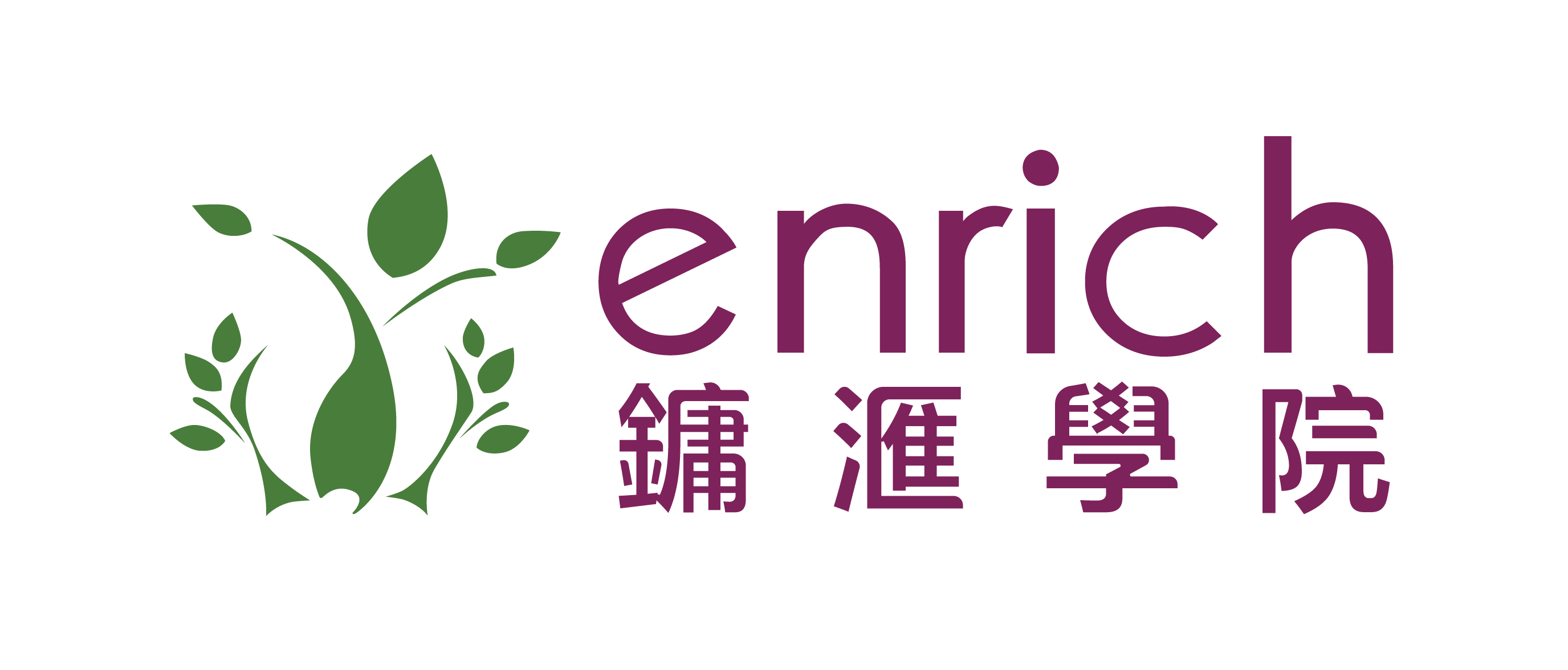Dwi Rahayu Ningsih
Dwi Rahayu Ningsih
At the time, my family finances were bad. We didn’t have enough money, not even for our meals. When I came to Hong Kong, a friend offered me an opportunity to learn about managing my finances through Enrich. I was very interested, and so I participated in the programs.
I learnt how to manage my finances in “Money Wise Migrants” and “Growing My Money”. My favourite class was “Setting Up My Business” because I have the knowledge to do so if I want to be an entrepreneur one day.
Money Wise Migrants
Money and Family
Speak Up
Setting Up My Business
Growing My Money
Money Wise Migrants
Employment contract: what are my labour rights?
Take a deeper look at the 'Foreign Domestic Helper Employment Contract' that you signed to secure your employment in Hong Kong. Learn about your rights and protections under the Hong Kong Labour laws, and what you can do if your rights are violated.
Foreign Domestic Worker Contract: what are my rights?
Learn more about the 'Foreign Domestic Worker' Contract you signed to protect your work in Hong Kong. Learn about your rights and protections under Hong Kong Labor law, and what you can do if your rights are violated.







